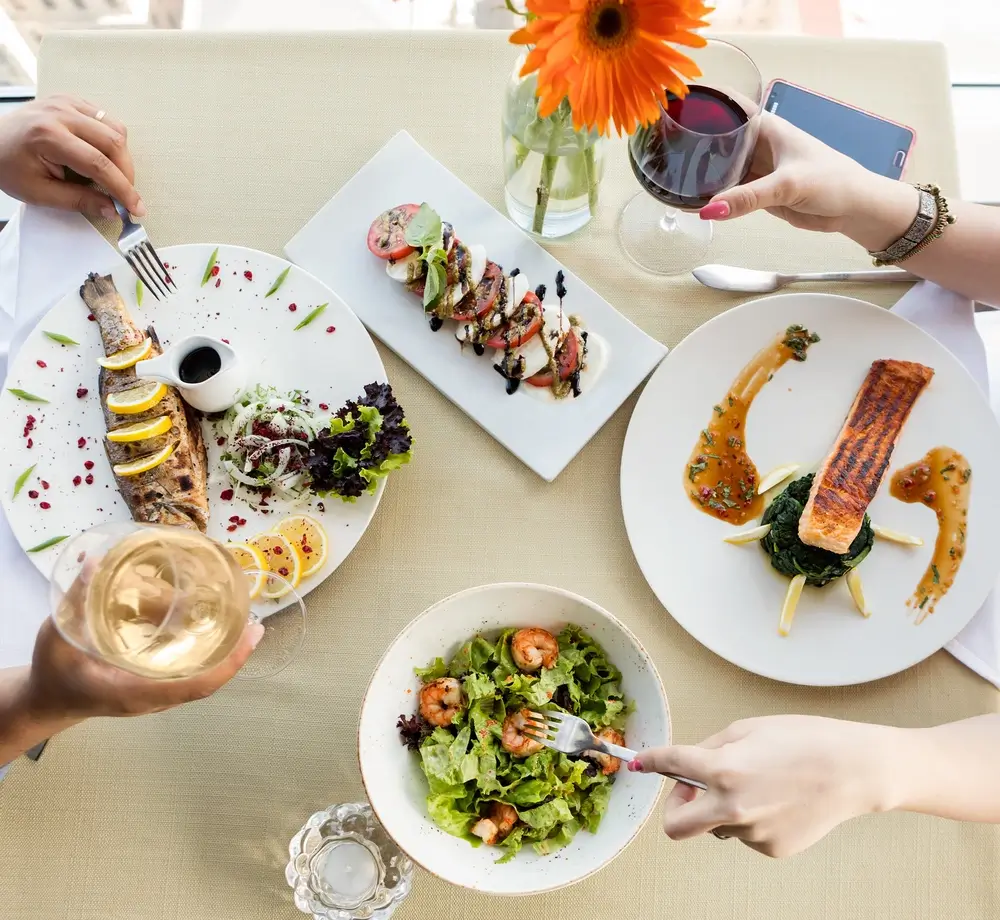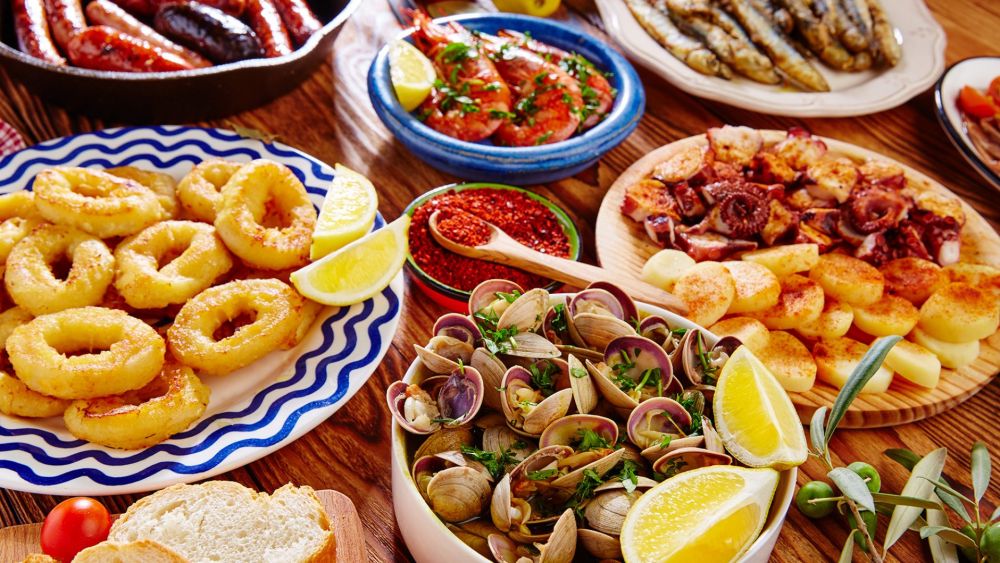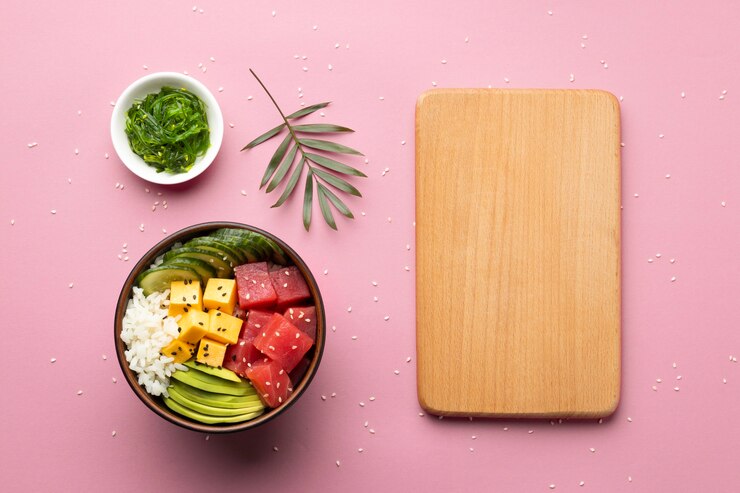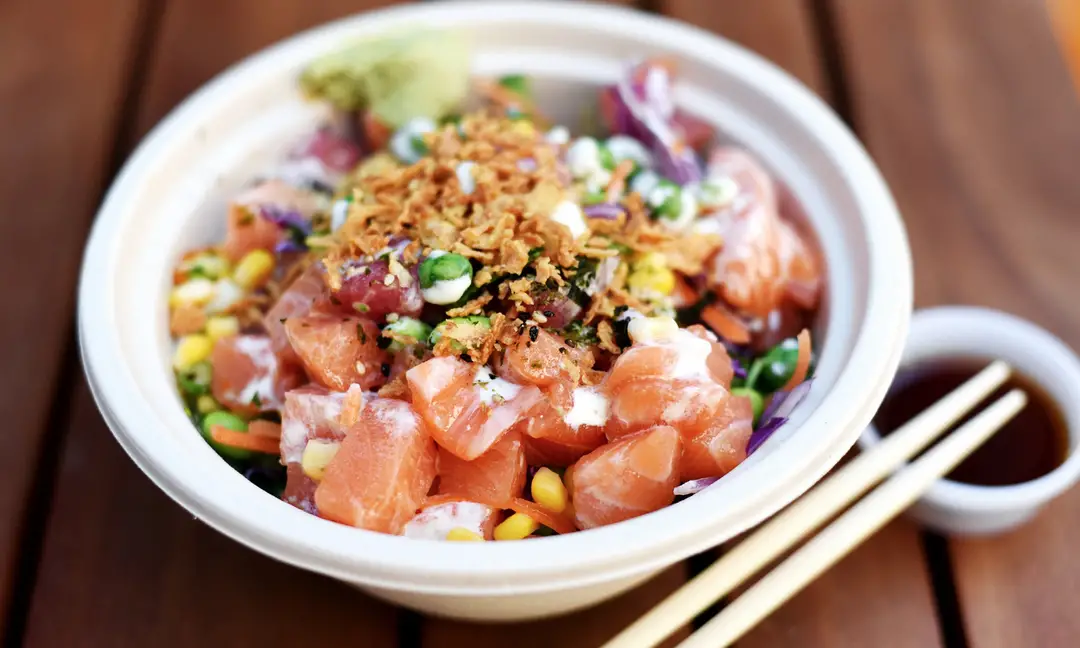Abdominoplasty — commonly known as a tummy tuck — is a cosmetic procedure people get to tighten their stomachs by removing excess skin and fat, particularly women.
According to the American Society of Plastic Surgeons, about 152,446 women underwent tummy tucks in 2018, making it the fourth most popular cosmetic surgery. Women usually get the surgery following childbirth or weight loss. However, many men also opt to smooth out their midsections.
Of course, like any plastic surgery, recovery is different for everyone. Some people heal quickly, while others’ bodies take a bit longer. Fortunately, eating a healthy diet after tummy tuck surgery can speed up your recovery.
What Can You Expect After a Tummy Tuck?
How well you recover after a tummy tuck depends on your age, weight and health — also, the type of tummy tuck procedure you received matters. Although you’ll want to be back on your feet immediately — you may even have some great days following surgery — your body will need time to recuperate.
Most people will leave the hospital with drains, which your doctor will show you how to care for at home. They might also prescribe an antibiotic to prevent infection and a painkiller. Additionally, expect to wear an abdominal binder for six weeks to increase circulation and receive abdominal support.
The doctor will review recovery procedures with you and make recommendations to ensure your healing goes smoothly. However, you can make preparations for recovery by filling your kitchen with the best foods to eat after tummy tuck surgery.
Eat a Healthy Diet After Tummy Tuck Surgery
The best diet after tummy tuck procedures includes the essential vitamins and minerals for a faster recovery. There are also several foods to stay away from while you heal. Here are foods you should and shouldn’t eat for a quicker recovery after an abdominoplasty.
Post-Tummy Tuck Meal Plan
Ensure you stock the right foods, beverages and supplements to create the ultimate post-tummy tuck meal plan. The foods you eat will significantly affect how quickly you’re back on your feet.
Lean Protein
In addition to skin and fat removal, your doctor will sculpt and tighten your abdominal wall using laser liposuction. As a result, you’ll feel sore as your muscles and tissues need repair — protein will help.
Try to eat more than the recommended daily amount of protein within the first few days after surgery. A person following a 2,000-calorie diet should consume 50 to 175 grams (g) of protein daily. Boosting your protein will assist with repairing any damaged tissues from your abdominoplasty.
Eggs, fish, poultry, beans and dairy products like cheese and yogurt are good protein sources following a tummy tuck. Just be sure to eat whatever is easiest to digest — the last thing you want is to add to your discomfort.
Supplements
Take supplements — such as vitamins A and C — after your tummy tuck surgery to better fight off infections. Vitamin C is crucial for wound healing. A recent study found you must have 95 milligrams (mg) of vitamin C for optimal scar strength — double the World Health Organization’s (WHO) recommendation.
Vitamin A also aids cell regeneration and boosts immunity during recovery. The combination of these two vitamins has excellent benefits.
In addition to supplements, you can increase your vitamin A and C intake by eating more leafy greens, citrus fruits, tomatoes and dairy products.
Anti-Inflammatory Foods
Any surgery has the potential to produce swelling — that’s why you’ll want to fill your post-tummy tuck meal plan with anti-inflammatory foods, such as nuts and seeds, leafy greens, fatty fish and berries.
Studies show that blueberries have anti-inflammatory biomarkers that significantly reduce cardiovascular disease, type 2 diabetes and cognitive decline — just one-third of a cup daily puts you at a lower risk of developing these conditions.
Pineapple is another fruit you should eat to decrease post-operative inflammation and swelling for greater comfort during recovery.
Non-Carbonated Beverages
Of course, staying hydrated is the best way to speed up recovery after a tummy tuck. Although expert advice varies, the National Academies of Engineering, Science and Math has long recommended that women drink 2.7 liters of water daily while men consume 3.7 liters — or 91 and 125 ounces, respectively.
Green tea also has anti-inflammatory benefits. Green tea leaves contain ample amounts of flavonoids — particularly catechins — that give it its highly anti-inflammatory effects.
Foods to Avoid After a Tummy Tuck
There are many types of foods that you shouldn’t eat after a tummy tuck surgery, including the following:
- Carbonated beverages, such as soda
- Alcoholic drinks, which are blood-thinning and prolong the healing process
- High-sodium foods
- Sweets, candy, pastries and other sugary foods
- Refined carbohydrates like white bread
- Red meat and processed meats, which could cause inflammation
Avoid other foods you anticipate will lead to bloating, gas and stomach pain. You should know what foods typically upset your digestive system.
Diet Matter for Post-Surgery Healing
Hippocrates was right when he said, “Food is thy medicine.” Your diet after a tummy tuck matters for a faster recovery. Be kind to your body as you heal by nourishing it with healthy food choices and staying hydrated. You’ll recover sooner than you anticipated.




